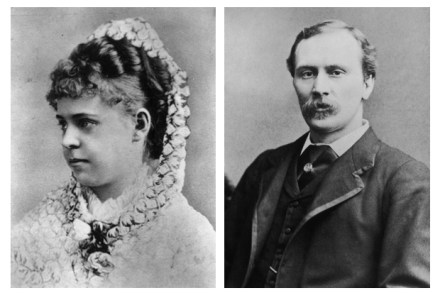Is Wilfred Owen’s poetry any good?
Wilfred Owen, the poet whose work epitomises the horror of the First World War for most people in modern Britain, was born in Oswestry in the Shropshire Marches, close to his Welsh ancestral homeland, one hundred and twenty-one years ago today. His brief life ended just a quarter of a century later, on November 4th 1918, when he was cut down by a German machine gun as he heroically led his men across the Sambre-Oise canal in the sort of suicidal attack that his poetry had implicitly criticised. Famously, the telegram announcing his death arrived at his parents’ home in Shrewsbury at the exact moment when the bells were ringing




















